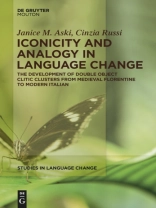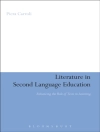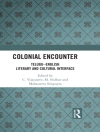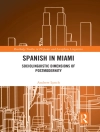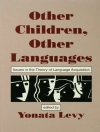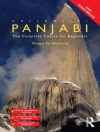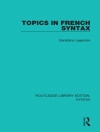This book examines the alternation between accusative-dative and dative-accusative order in Old Florentine clitic clusters and its decline in favor of the latter. Based on an exhaustive analysis of data collected from medieval Florentine and Tuscan texts we offer a novel analysis of the rise of the variable order, the transition from one order to the other, and the demise of the alternation that relies primarily on iconicity and analogy. The book employs exophoric pragmatic iconicity, a language-external iconic relationship based on similarity between linguistic structure and the speaker/writer”s conceptualization of reality, and endophoric iconicity, a language-internal iconic relationship where the iconic ground is construed between linguistic signs and structures. Analogy is viewed as a productive process that generalizes patterns or extends grammatical rules to formally similar structures, and obtains the form of the analogical relationship between the masculine singular definite article and the third person singular accusative clitic, which shared the same phonotactically constrained distribution patterns. The data indicate that exophoric pragamatic iconicity exploits and maintains the alternation, whereas endophoric iconicity and analogy conspire to end it.
Janice Aski & Cinzia Russi
Iconicity and Analogy in Language Change [PDF ebook]
The Development of Double Object Clitic Clusters from Medieval Florentine to Modern Italian
Iconicity and Analogy in Language Change [PDF ebook]
The Development of Double Object Clitic Clusters from Medieval Florentine to Modern Italian
购买此电子书可免费获赠一本!
格式 PDF ● 网页 206 ● ISBN 9781614516392 ● 出版者 De Gruyter ● 发布时间 2015 ● 下载 3 时 ● 货币 EUR ● ID 6584066 ● 复制保护 Adobe DRM
需要具备DRM功能的电子书阅读器
